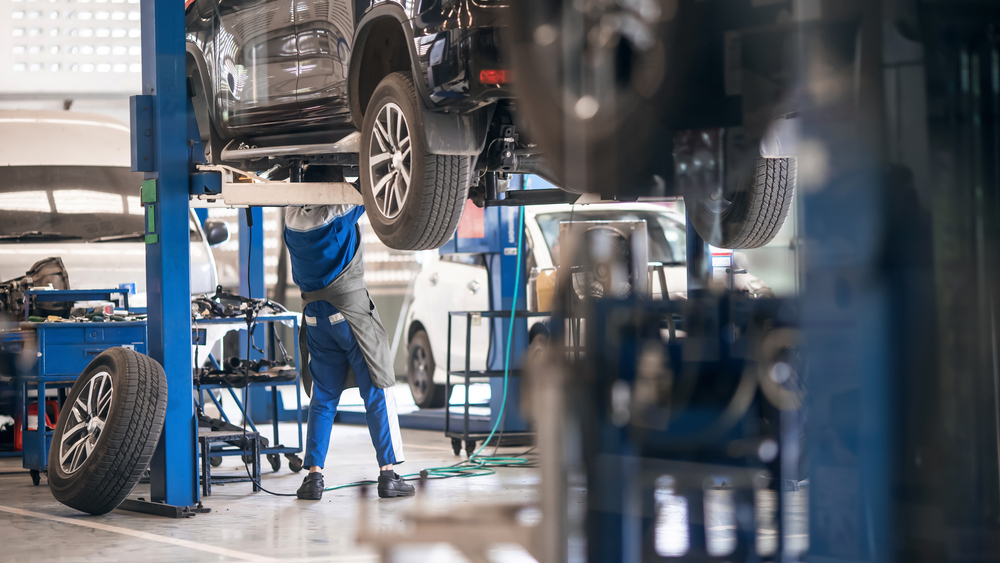Car Hoists
5 Tips for Purchasing Automotive Workshop Car Lifts
In the fast-paced world of automotive care, the car hoist is a cornerstone of safety and precision. A workshop’s success often hinges on the quality of its equipment, with car hoists playing a pivotal role. They are essential for lifting vehicles securely for detailed work and repairs.
Selecting the right car lift for workshops is more than a simple purchase. It’s an investment in quality, safety, and operational efficiency. To guide you through this decision, here are five key tips to consider when buying a workshop car lift.
Tip 1: Assess Workshop Requirements
Before diving into the diverse range of car hoists, a thorough assessment of your workshop’s unique requirements is paramount, including:
- Floor Space: The dimensions of your workshop play a pivotal role in the choice of hoist. While expansive workshops provide flexibility in hoisting options, more compact spaces might necessitate specialised solutions.
- Ceiling Height: Not all hoists are created equal in their overhead space needs. It’s vital to determine how much vertical clearance your workspace offers and match it with a compatible hoist.
- Weight Capacity: The vehicles you primarily service dictate the weight-bearing requirement of your hoist. Ensure your chosen hoist aligns with the typical weight range of vehicles in your workshop.
By having a clear understanding of these factors, you’ll be better poised to select a hoist that seamlessly integrates with and elevates your workshop’s operations.
Tip 2: Prioritise Safety Features
When lifting heavy vehicles, safety isn’t just a priority—it’s essential. Look for car hoists equipped with features like automatic arm restraints to keep vehicles stable, mechanical locking systems for added security, and emergency stop buttons for unexpected situations. The right safety features protect both your team and your assets.
Tip 3: Consider Hoist Types and Configurations
Car hoists come in different shapes and sizes, each with its advantages. Two-post hoists maximise space and give clear access to a vehicle’s underside. Four-post hoists offer versatile uses from storage to servicing. Scissor hoists, with their flat platforms, are perfect for detailed bodywork, while single-post hoists are space-savers for specific tasks. Match the hoist type to your workshop’s unique needs.
Tip 4: Evaluate Maintenance and Support Services
Car hoists, like all machinery, need regular upkeep. It’s wise to choose a brand or supplier known for strong support and maintenance offerings. Reliable technical help, prompt repairs, and access to authentic parts can extend your hoist’s lifespan significantly.
Tip 5: Budget Considerations and Long-Term Investment
Setting a budget is a foundational step, but remember to view your car hoist as a long-term investment. While an affordable option might appeal initially, a hoist’s true value lies in its durability, efficiency, and safety features. Aim for a balance: a hoist that’s cost-effective but also promises longevity and optimal performance.
Conclusion
Choosing the ideal car hoist for your automotive workshop is a decision that melds safety, efficiency, and value. As you navigate the options, remember to assess your workshop’s unique needs, place safety at the forefront, understand the different hoist types, ensure reliable support, and balance your budget considerations with long-term benefits. The right hoist can revolutionise your operations, ensuring both productivity and peace of mind.
Ready to elevate your workshop’s capabilities? Reach out to the experts at AAQ for guidance, top-notch solutions, and a car hoist that fits your needs perfectly. Don’t settle for less; let AAQ elevate your automotive ambitions.

